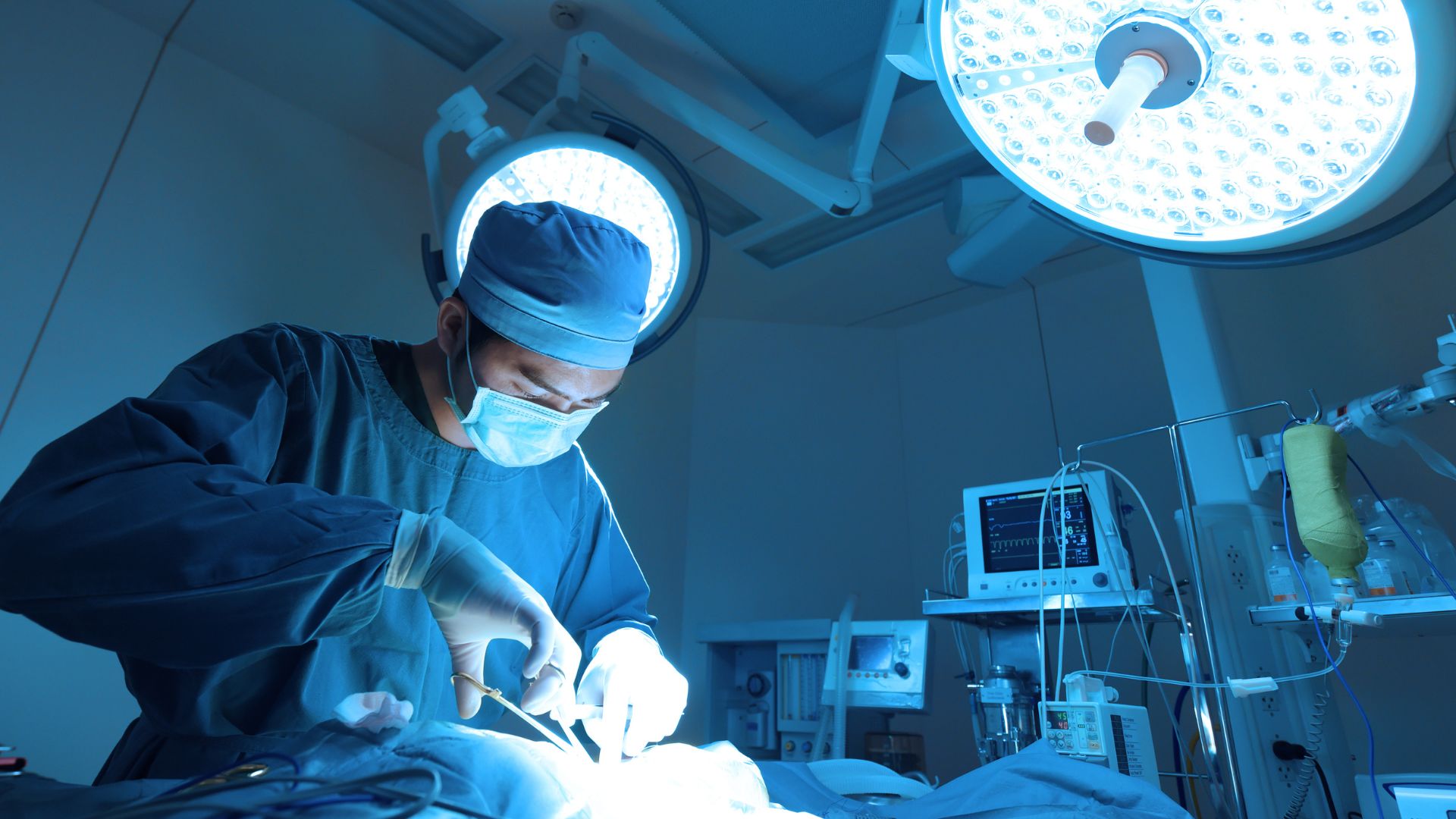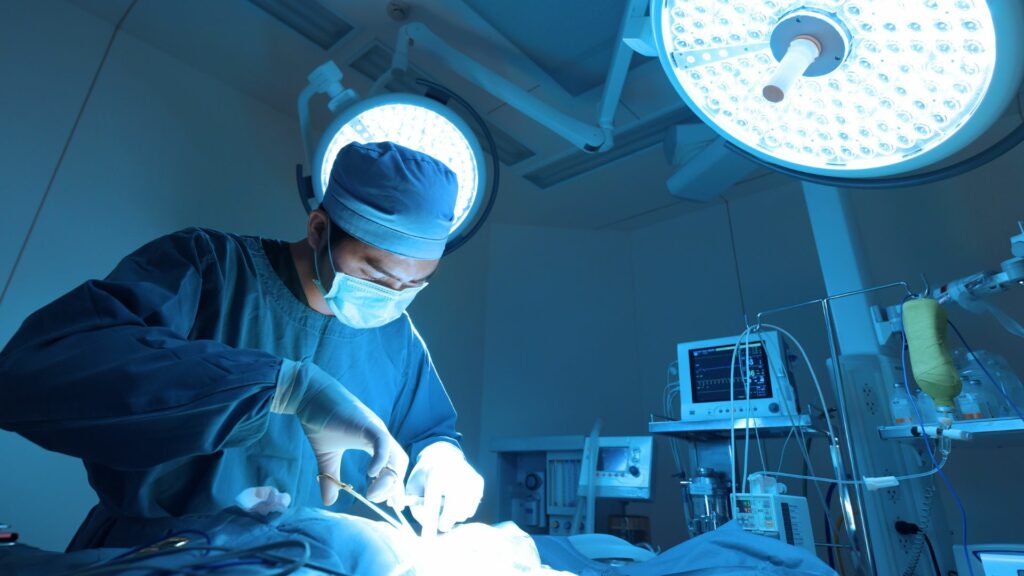
Please note: The name Jenna is a pseudonym used to protect client confidentiality.
Spinal surgery can be very complicated and sometimes, even though the surgical team do everything in their power to ensure a good outcome, things don’t go according to plan. Before you undergo any planned spinal surgery, it is very important that your surgeon explains the risks and potential complications associated with your particular surgical procedure.
What is surgical negligence?
Unfortunately, sometimes complications occur because the surgeon has not performed the surgery with an acceptable standard of skill and care. This means that the surgery itself has been negligently performed. Whether a problem has developed because of an unavoidable risk during the surgery, or because of negligent surgical technique, it is particularly important in spinal surgery, that the problem is identified and addressed as soon as possible to ensure maximum recovery.
Jenna’s Case Study
Here we discuss the case of Jenna, who suffered complications following spinal surgery. It is Jenna’s case that both the surgery was negligently performed, and that there was a negligent failure to recognise the problem and to address it quickly enough after her surgery. As a result, Jenna has been left with very significant injuries.
Our client, Jenna was a delivery driver. She has adult children and young grandchildren that she is very close to. Prior to her surgery, she had a vibrant social life. She is a passionate gardener and loves spending time outdoors. After suffering from increasing back pain over a long period of time, she was eventually persuaded that spinal surgery was the best option for her. Jenna had expected to take three months off work to recover from her planned spinal fixation surgery.
Jenna underwent spinal surgery
During Jenna’s surgery, one of the screws that was used to hold the cages in place, was put in the wrong position, meaning that it impinged on a spinal nerve. Jenna experience significant pain and numbness immediately after the surgery, and foot drop was noted. She was not well enough to have her physiotherapy. A scan was performed 6 days after the surgery, which showed the wrongly positioned screw. Even though the surgeon that operated on her noticed the mistake and acknowledged it to Jenna, they decided not to re-operate to fix it. Jenna was left with a left sided foot drop, very reduced mobility and a lot of pain shooting down her legs.
Jenna experienced pain and things were not improving
The three months she had taken off work came and went and things were not improving meaning that Jenna could not return to her job. Jenna’s pain has also meant she has not been able to engage with her friends and family and has become isolated needing her loved ones’ support for even basic household chores. Before her injury, Jenna looked after her elderly mother which she can no longer do. She had to give up on tending her garden and doing the activities she enjoyed as her mobility is limited and anything requiring significant movement is very challenging.
What struck us when we first talked with Jenna, was the fact that even though the surgical mistake was acknowledged, the surgeon did not rectify it. Had a second surgery been undertaken shortly after the first one to remove and reposition the screw, our experts think that the nerve could have largely repaired itself, allowing Jenna to have a much better recovery. By the time Jenna was referred for a second opinion however, the nerve had been compressed for so long that it was not thought that further surgery would make any difference.
The hospital denied liability
The hospital has so far denied liability even though Jenna’s hospital records make it clear that the screw is in the wrong place and that the surgeon apologised for her mistake.
Kym Provan, the medical negligence partner representing Jenna, is waiting to hear back from the hospital on why they consider that it was acceptable to place the screw in the wrong place so that it is compressing the nerve, and why they chose to not try to reverse the damage by operating again.
Surgeries can carry significant risks and mistakes can happen, but a patient should always be kept updated with information relating to their treatment and care. We hope to be able to secure compensation to help Jenna adjust to the new reality brought about by her injuries. We want to help her move to a bungalow, so she no longer has to struggle using stairs. We are also keen to get her access to care and support so she can regain her independence and not have to rely on loved ones for her everyday needs. Finally, we would like to help her get orthotics, adaptations and equipment to help her get back to doing the things and activities she enjoyed before her injury.
This article will be updated as the case progresses.
We are spinal surgery medical negligence claims experts
If you suffered as a result of medical negligence, we are here to advise you. You can learn more about our services at Medical Negligence Claims or Contact Us to speak with an expert.
Note: The name Jenna is a pseudonym used to protect client confidentiality.






